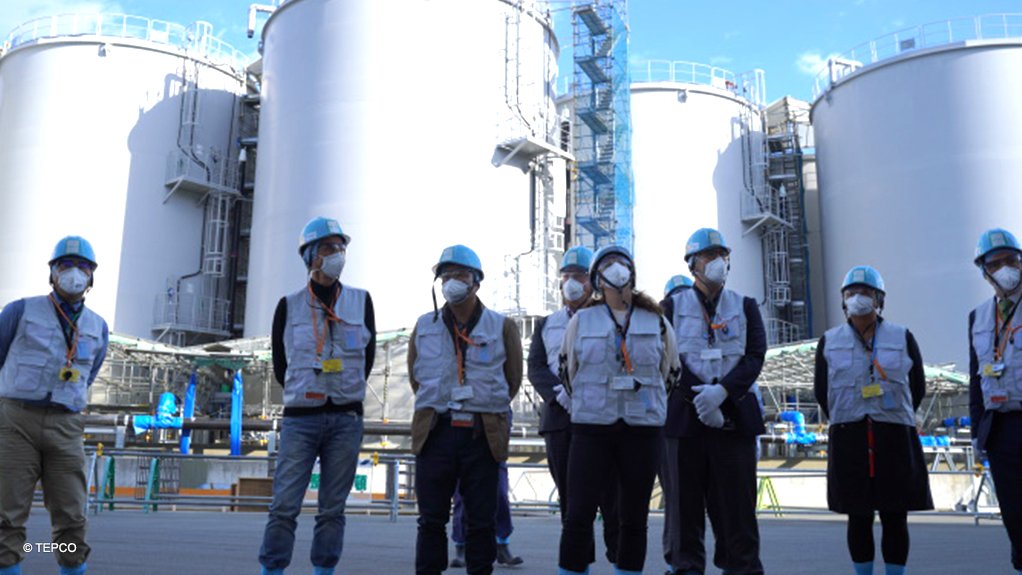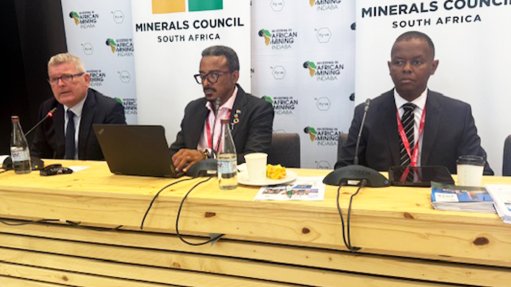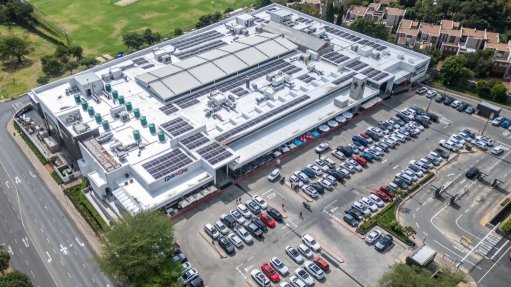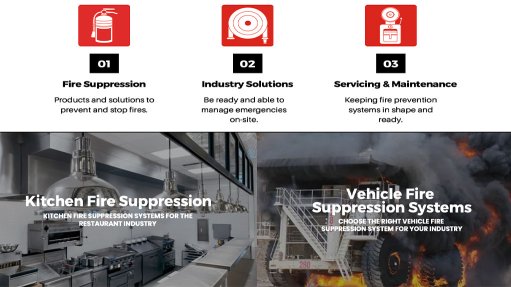IAEA approves Japan’s Fukushima nuclear power plant treated water discharge plan
The International Atomic Energy Agency (IAEA), a specialist agency of the United Nations, announced on Tuesday that Japan’s plan to release treated water, currently stored at the Fukushima Daiichi nuclear power plant (NPP), into the sea, was consistent with the IAEA Safety Standards. The Fukushima Daiichi NPP, owned and operated by Tokyo Power Company (Tepco), was wrecked by the tsunami triggered by the massive Tōhoku earthquake in March 2011.
The earthquake knocked out the primary cooling systems for the NPP, and the tsunami disabled the backup cooling systems for three of the NPP’s reactors, causing them, despite being in shutdown mode, to overheat and suffer meltdowns. The reactors had to be cooled by pumping water into them, which contaminated the water, which was then collected and stored in a rapidly-constructed tank farm at the NPP.
IAEA director-general Rafael Mariano Grossi presented the report on the plan, compiled by an IAEA Task Force, to Japanese Prime Minister Fumio Kishida on Tuesday. The Task Force had reviewed the Japanese plan, announced in April 2021, for nearly two years. Composed of top specialists from within the agency, the Task Force was also advised by internationally recognised nuclear safety experts from 11 countries.
The Japanese plan involves releasing water that has gone through an Advanced Liquid Processing System (ALPS), which removes almost all the radioactivity in the water, except for tritium. The treated water will be diluted before release, to bring its tritium levels down to below regulatory standards. When announcing this plan in 2021, the Japanese government also requested the IAEA to conduct a detailed safety review of it. IAEA Safety Standards are the global reference for the protection of people and of the environment, and support a high level of safety that is harmonised, worldwide.
“Based on its comprehensive assessment, the IAEA has concluded that the approach and activities to the discharge of ALPS treated water taken by Japan are consistent with relevant international safety standards,” affirmed Grossi. “Furthermore, the IAEA notes the controlled, gradual discharges of the treated water to the sea, as currently planned and assessed by Tepco, would have a negligible radiological impact on people and the environment.”
Nuclear safety decisions are national responsibilities, and Japan’s Nuclear Regulation Authority approved the ALPS-treated water discharge plan in May. But the IAEA, when requested by a country, provides independent (external) expertise and analysis. Japan requested, and the agency agreed, that it be involved in the entire water discharge process, from reviewing it before it starts, through its actual implementation, and even after its conclusion. The IAEA will have continuous on-site representation at, and supply live monitoring on its website from, the water discharge facility.
“The IAEA will continue to provide transparency to the international community making it possible for all stakeholders to rely on verified fact and science to inform their understanding of this matter throughout the process,” he highlighted. “This will ensure the relevant international safety standards continue to be applied throughout the decades-long process laid out by the government of Japan and Tepco.”
Article Enquiry
Email Article
Save Article
Feedback
To advertise email advertising@creamermedia.co.za or click here
Press Office
Announcements
What's On
Subscribe to improve your user experience...
Option 1 (equivalent of R125 a month):
Receive a weekly copy of Creamer Media's Engineering News & Mining Weekly magazine
(print copy for those in South Africa and e-magazine for those outside of South Africa)
Receive daily email newsletters
Access to full search results
Access archive of magazine back copies
Access to Projects in Progress
Access to ONE Research Report of your choice in PDF format
Option 2 (equivalent of R375 a month):
All benefits from Option 1
PLUS
Access to Creamer Media's Research Channel Africa for ALL Research Reports, in PDF format, on various industrial and mining sectors
including Electricity; Water; Energy Transition; Hydrogen; Roads, Rail and Ports; Coal; Gold; Platinum; Battery Metals; etc.
Already a subscriber?
Forgotten your password?
Receive weekly copy of Creamer Media's Engineering News & Mining Weekly magazine (print copy for those in South Africa and e-magazine for those outside of South Africa)
➕
Recieve daily email newsletters
➕
Access to full search results
➕
Access archive of magazine back copies
➕
Access to Projects in Progress
➕
Access to ONE Research Report of your choice in PDF format
RESEARCH CHANNEL AFRICA
R4500 (equivalent of R375 a month)
SUBSCRIBEAll benefits from Option 1
➕
Access to Creamer Media's Research Channel Africa for ALL Research Reports on various industrial and mining sectors, in PDF format, including on:
Electricity
➕
Water
➕
Energy Transition
➕
Hydrogen
➕
Roads, Rail and Ports
➕
Coal
➕
Gold
➕
Platinum
➕
Battery Metals
➕
etc.
Receive all benefits from Option 1 or Option 2 delivered to numerous people at your company
➕
Multiple User names and Passwords for simultaneous log-ins
➕
Intranet integration access to all in your organisation





















